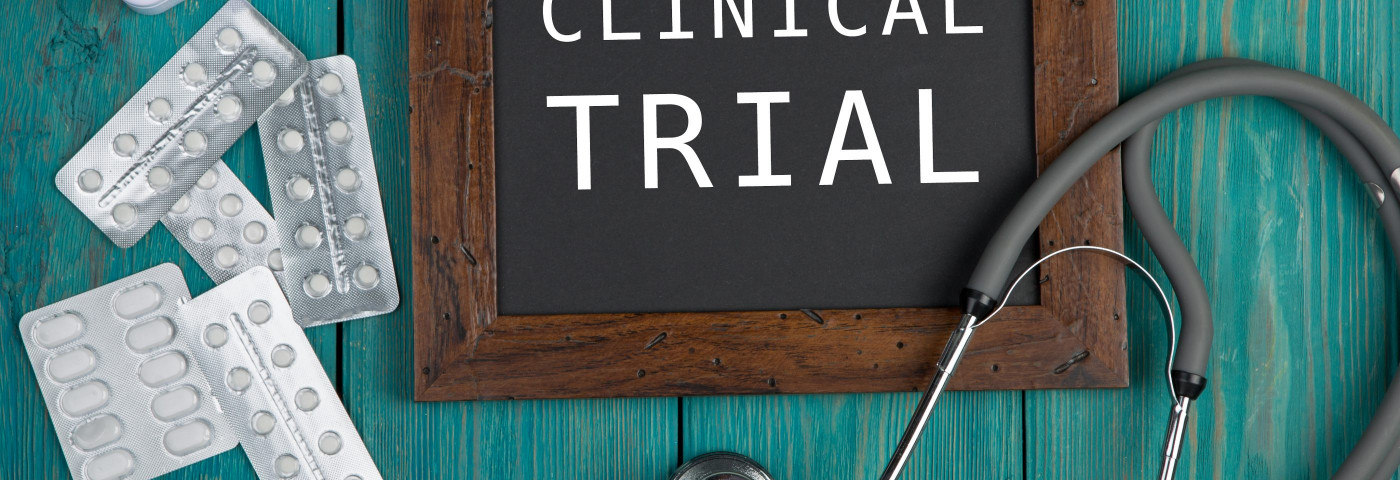HMI-102, Homology Medicines‘ gene therapy candidate for adults with phenylketonuria (PKU), was well-tolerated and induced marked reductions in phenylalanine and phenylalanine-to-tyrosine ratio (Phe/Tyr ratio) in some patients.
Those promising results come from the dose-escalation portion of the pheNIX Phase 1/2 clinical trial (NCT03952156). It was shared recently by Olaf Bodamer, MD, PhD, the trial’s principal investigator, at the New England Consortium of Metabolic Programs annual meeting.
Based on the findings, the company now is advancing into the trial’s randomized, expansion part, which will continue to investigate two selected doses of the therapy. Enrollment is ongoing at multiple sites in the U.S.; more information is available here.
“This is the first-ever PKU gene therapy clinical trial, and I am excited to share these data with the PKU community as I believe they demonstrate the potential of HMI-102 to treat the underlying genetic cause and reduce the therapeutic burden for patients and their families,” Bodamer said in a press release.
PKU is caused by mutations in the PAH gene that result in the toxic buildup of the amino acid phenylalanine (one of the building blocks of proteins). The mutations lead to insufficient activity of the phenylalanine hydroxylase (PAH) enzyme, which is required to break down phenylalanine into another amino acid, tyrosine.
HMI-102 is a gene therapy that uses a harmless adeno-associated viral vector called AAVHSC15, developed from human stem cells, to deliver a functional copy of the PAH gene to cells in the liver. It is designed to produce a lasting effect after a single intravenous (into-the-vein) dose.
A study in mice demonstrated that this treatment induced a rapid and sustained reduction of phenylalanine levels for nearly one year. Animals also showed increased PAH activity, an increase in tyrosine levels, and restoration to normal levels of certain brain metabolites.
The medication has been granted orphan drug and fast track designations by the U.S. Food and Drug Administration and orphan drug status by the European Medicines Agency.
The two-part pheNIX trial was designed to investigate HMI-102 in PKU adults, ages 18–55. Its primary goals are to determine the incidence and severity of treatment-related side effects and the proportion of patients achieving a sustained blood phenylalanine concentration of 360 umol/L (micromoles per liter) or lower at 24 weeks after injection.
Secondary goals included changes in phenylalanine levels, achieving levels of 360 umol/L or lower at any point during the trial, and changes in the Phe/Tyr ratio.
The dose-escalation part tested three doses (low, mid, and high) of HMI-102 to determine an optimal dose for additional tests. Current results are based on two patients in each dosing group.
While the low-dose group showed no meaningful reductions in phenylalanine after one year of follow-up, patients receiving higher doses showed significant reductions while on self-controlled dietary restrictions.
The benefits were particularly evident in one patient receiving the mid-dose and another on the high-dose. While normal levels of phenylalanine range between 120–600 umol/L, and some studies recommend levels below 360 umol/L, these two patients had levels above 1,000 umol/L before receiving the treatment.
Over the next 48 weeks, the mid-dose patient reached levels below 600 umol/L, and sometimes equal or below 360 umol/L, at multiple points in time. The minimum phenylalanine level registered for this patient was 42 umol/L.
The patient given a high dose had only been followed for 13 weeks, but phenylalanine levels also dropped below 600 umol/L and 360 umol/L multiple times during that period. The minimum level reached was 303 umol/L.
Some patients in the mid- and high-dose groups experienced raised alanine aminotransferases (ALT), a measure of liver damage. Researchers noted that patients with mild elevations showed greater reductions in phenylalanine levels than those with severely elevated ALT.
Although higher grade ALTs may limit the therapeutic effect of HMI-102, these elevations can be managed with a modified steroid regimen, which Homology is incorporating into the trial’s upcoming expansion phase.
In this next phase, additional patients will be assigned randomly to receive HMI-102 or a concurrent delayed treatment control. Participants in the delayed treatment control group will become eligible for HMI-102 after 24 weeks.
Based on the results of the first phase, Homology selected the mid-dose and a dose between the mid- and high-doses for the expansion phase. The company expects the latter dose to reduce phenylalanine while limiting the amount of steroids needed on the high dose.
This portion of the trial, the company says, has the potential to be converted into one that supports an application for regulatory approval.
“This is the first time a genetic medicines approach has achieved these results in patients with PKU,” said Gabe Cohn, MD, chief medical officer of Homology Medicines. “We have learned a tremendous amount in the dose-escalation phase and are applying these learnings to the expansion phase of the trial, which we anticipate initiating in early 2021.”

